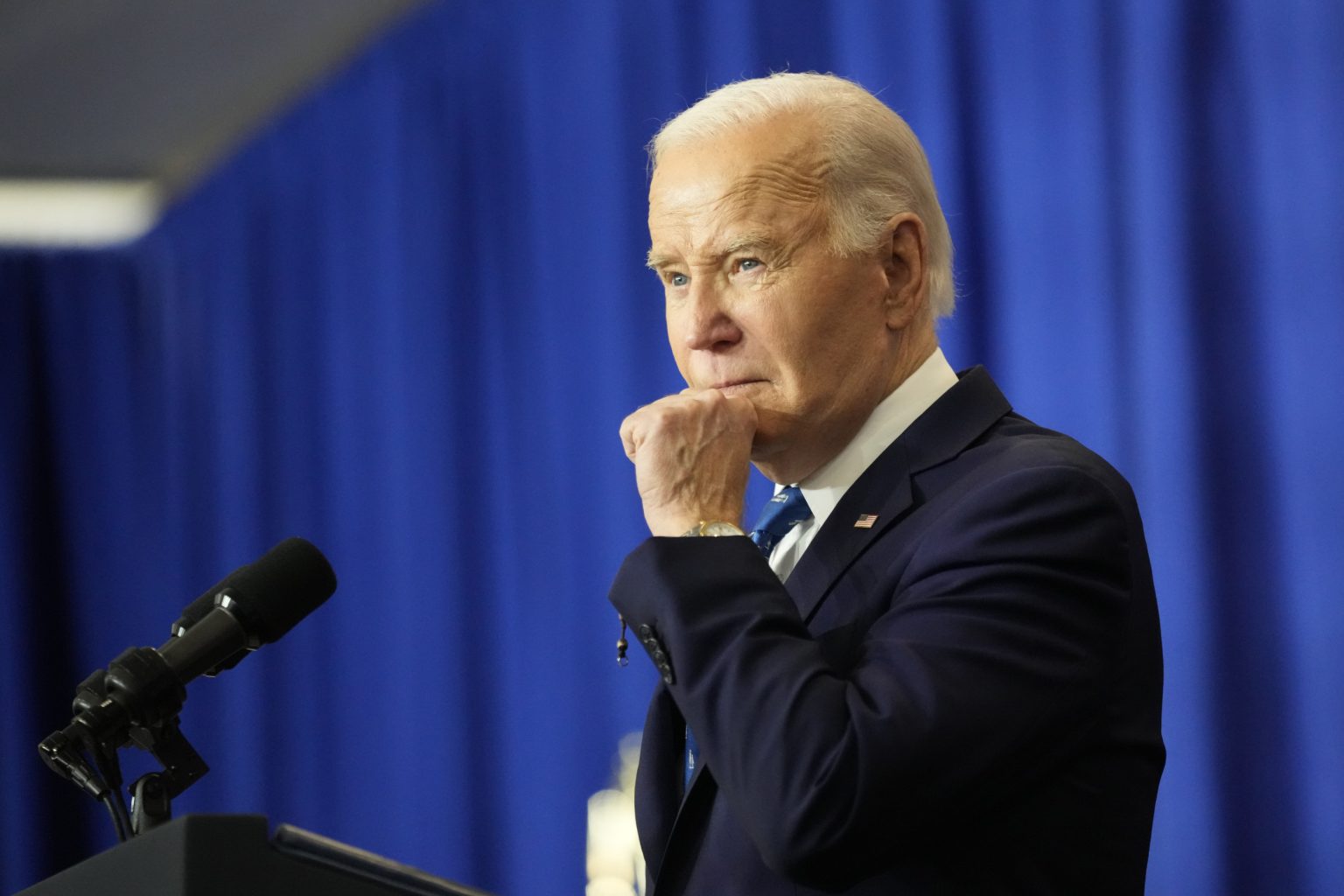President Biden’s commutation of 37 death row sentences to life imprisonment without parole marks a significant shift in federal death penalty policy. This action aligns with his long-held belief that capital punishment should be reserved for the most heinous crimes, specifically terrorism and mass murder fueled by hate. By commuting these sentences, Biden effectively prevents future administrations from carrying out executions for crimes that would not warrant the death penalty under current policies. This move solidifies his administration’s commitment to reducing violent crime while ensuring a fair and equitable justice system. The commutation underscores Biden’s ongoing efforts to reform the criminal justice system and address concerns about the application of the death penalty.
The individuals whose sentences were commuted represent a diverse range of backgrounds and criminal histories. They include Shannon Wayne Agofsky, Billie Jerome Allen, Aquilia Marcivicci Barnette, Brandon Leon Basham, Anthony George Battle, Meier Jason Brown, Carlos David Caro, Wesley Paul Coonce, Jr., Brandon Michael Council, Christopher Emory Cramer, Len Davis, Joseph Ebron, Rickey Allen Fackrell, Edward Leon Fields, Jr., Chadrick Evan Fulks, Marvin Charles Gabrio, II, Edgar Baltazar Garcia, Thomas Morocco Hager, Charles Michael Hall, Norris G. Holder, Richard Allen Jackson, Jurijus Kadamovas, Daryl Lawrence, Iouri Mikhel, Ronald Mikos, James H. Roane, Jr., Julius Omar Robinson, David Anthony Runyon, Ricardo Sanchez, Jr., Thomas Steven Sanders, Kaboni Savage, Mark Isaac Snarr, Rejon Taylor, Richard Tipton, Jorge Avila Torrez, Daniel Troya, and Alejandro Enrique Ramies Umana. While their specific crimes vary, their sentences were deemed excessive under the Biden administration’s revised approach to capital punishment.
The commutation of these sentences reflects the broader debate surrounding the death penalty in the United States. Opponents argue that it is a cruel and unusual punishment, disproportionately applied based on race and socioeconomic status, and carries the risk of executing innocent individuals. They point to the irreversible nature of capital punishment and the potential for wrongful convictions as compelling reasons for its abolition. Furthermore, studies have questioned the deterrent effect of the death penalty, suggesting that it does not significantly reduce crime rates compared to life imprisonment. Biden’s action aligns with this perspective, emphasizing the need for a more humane and just approach to criminal justice.
Supporters of the death penalty argue that it serves as a just punishment for the most egregious crimes, providing retribution for victims and their families. They believe it acts as a deterrent, preventing future crimes by demonstrating the ultimate consequence for taking a human life. Furthermore, they maintain that rigorous legal processes minimize the risk of executing innocent individuals. The debate over the death penalty continues to be a complex and emotionally charged issue, with strong arguments on both sides. Biden’s commutation, however, signals a clear preference for a more restrained application of capital punishment at the federal level.
The implications of Biden’s decision extend beyond the immediate impact on the 37 individuals whose sentences were commuted. It sets a precedent for future administrations, potentially influencing their approach to the death penalty. It also reinforces the trend towards limiting the use of capital punishment, both at the state and federal levels. Several states have abolished the death penalty in recent years, and others have imposed moratoriums on executions, reflecting a growing national unease with the practice. Biden’s action adds momentum to this movement, potentially leading to further reductions in the application of the death penalty across the country.
In conclusion, President Biden’s commutation of 37 death row sentences marks a significant development in the ongoing debate surrounding capital punishment in the United States. It reflects his administration’s commitment to a more just and equitable criminal justice system, and it aligns with a growing national trend towards limiting the use of the death penalty. While the debate is far from settled, Biden’s action sends a strong message about the direction of federal death penalty policy, emphasizing the importance of reserving capital punishment for the most extreme cases of terrorism and hate-motivated mass murder. The long-term effects of this decision remain to be seen, but it undoubtedly represents a pivotal moment in the evolution of American criminal justice.

